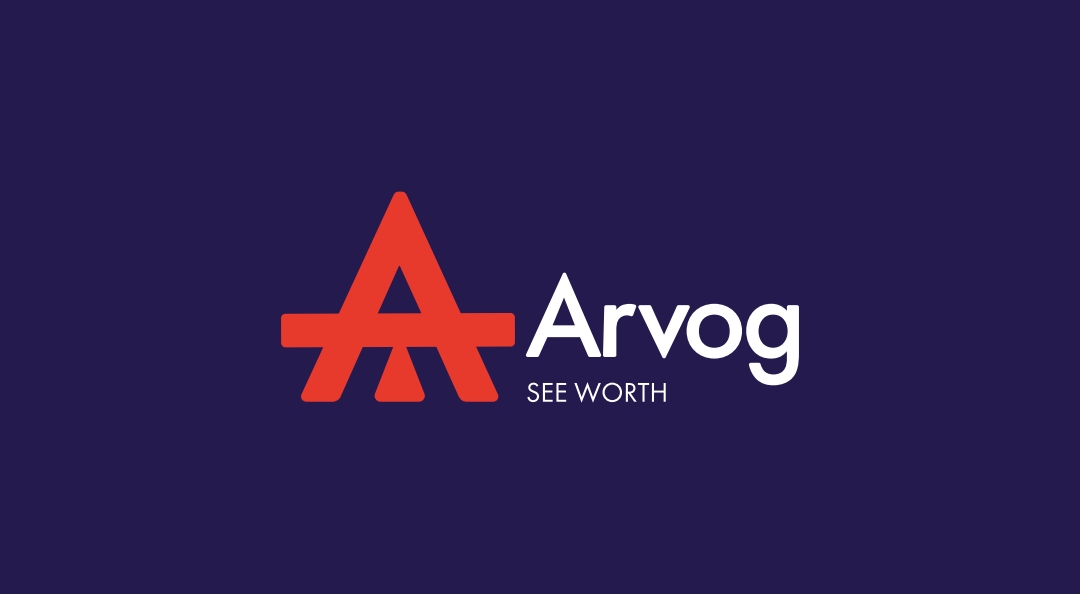By Mr. Amit Shroff, CEO of Arvog
The growing presence of financial content on social media has not gone unnoticed by influencers, giving rise to the emergence of the financial influencer, or “finfluencer.” Many videos and social media posts are promoting investment opportunities and debt solutions that seem easy and promising. This is a trend in the financial world right now.
In a similar vein, regulatory action against Ponzi apps may soon be in the works, as the government is considering a crackdown on these deceptive programs that guarantee inflated profits. So how do you keep tabs on such schemes and their impact on the public? What measures has the government taken to regulate them? Let’s find out.
The Rise of Finfluencers and Ponzi Scams in India
The name “Ponzi” comes from the pioneer of these schemes, Charles Ponzi. It came to light in the 1900s. When someone joins a chain-like Ponzi scheme, they persuade others to do the same by promising them greater rewards. These products are promoted through personal recommendations.
On the other hand, by promoting or recommending products on social media, a finfluencer might influence others’ financial decisions. As per a report by Statista, the market size of influencers, covering various topics such as fashion, gadgets, health, beauty, and finance on social media has experienced an eightfold increase in the past five years.
The Indian public is urged to exercise caution and verify information with third parties to avoid falling prey to scams of this kind.
What is the government doing about these finfluencers and Ponzi schemes?
It is a widely accepted fact that Ponzi schemes are deemed illegal across the globe. Similarly, in India, there exist certain penalties, such as imprisonment for non-compliance. The applications powering these scams are doing so outside of the purview of any government oversight or control.
According to recent statements made by the finance minister, there is currently no initiative to restrict financial influencers. While Ponzi apps remain a problem, she did say that the Ministry of Finance was working with MeitY (Ministry of Electronics and Information Security) and the RBI (Reserve Bank of India) to crack down on them.
Guidelines for Finfluencers on Promoting Transparency in Investment
To guarantee openness and safeguard consumers, the government established new regulations in January that require social media influencers to make transparent disclosures about any corporate affiliations. Influencers who disobey the rules risk hefty penalties of up to 50 lakhs or a six-year ban from promoting items. If an advertiser has a “material connection” with a famous person or an influential person, disclosures must be made public.
Anyone with access to the audience, as well as the capacity to influence audiences’ purchasing decisions, is required to follow these guidelines:-
- An endorsement message’s disclaimer should be visible and easy to find. Disclosure should be put over the image in the event of an endorsement.
- It’s more appropriate to have it appear in the actual video itself rather than simply in the description.
- Disclosure as a ticker must be presented constantly during the duration of a live broadcast
Famous people may be incredibly skilled at what they do, but it doesn’t imply you should take their advice on your investments. Because investing is a personal activity, the indicators of success will vary from person to person. You should be skeptical of any recommendation for a financial product and give it the same amount of thought and research as you would any other big business choice.
When it comes to today’s home financing needs, Arvog is the most cutting-edge option available. In order to provide digital loans that are fast, simple, and efficient, we rely on methods that are powered by AI and ML. Our main objective is to broaden people’s access to Personal-loans and digital gold loans.






